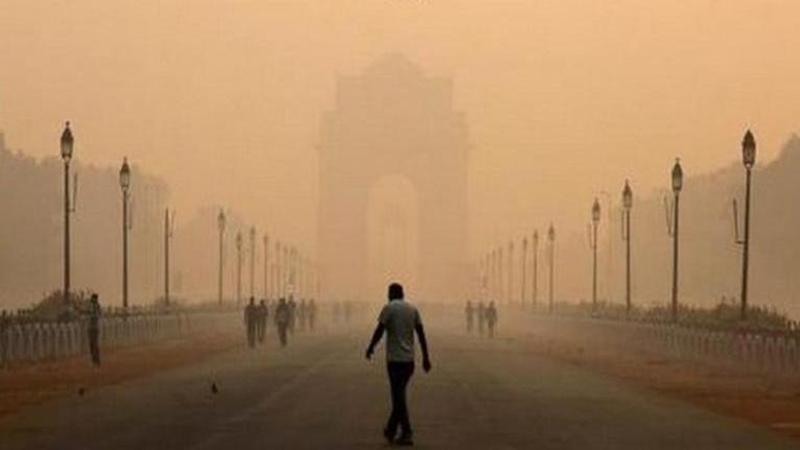Published 19:51 IST, September 1st 2021
Air pollution may reduce life expectancy of 40% Indians by nine years, says EPIC study
A study by a US research group revealed that increasing air pollution is likely to reduce the average lifespan of at least 40% of Indians by more than 9 years.

On Wednesday, research compiled by a US research group revealed that increasing air pollution is likely to shorten the average lifespan of at least 40 per cent of Indians by more than nine years. The study compiled by the Energy Policy Institute at the University of Chicago (EPIC) stated that more than 480 people living across eastern, central and northern India suffer from a relatively high level of pollution as they face the most extreme levels of air pollutions. The study also claimed that strong clear air policies could help in adding up to five years to people's lives. Terming the situation as "alarming," the EPIC in its report said that India's increasing levels of pollution have expanded geographically in the last few years.
'Achieving and sustaining NCAP goals would improve air quality in India'
Stating the examples of National Capital - Delhi, Madhya Pradesh and Maharashtra, the research found that the quality of air in these states and Union Territory has significantly worsened over time. However, it also acknowledged India's National Clean Air Program (NCAP) which was launched in 2019 in an attempt to reduce harmful pollution levels. It said that achieving and sustaining NCAP goals would have a major impact on the life expectancy levels of Indians as it will increase the country's overall life expectancy by almost 1.7 years and New Delhi by 3.1 years. According to IQAir, a Swiss group that measures air quality levels, New Delhi was declared the world's most polluted capital for the third straight year in 2020.
NCAP seeks to reduce pollution in 102 worst-affected cities by 20-30%
It should be noted here that the NCAP seeks to reduce pollution in the country's 102 worst-affected cities by 20-30 per cent by 2024. It intends to achieve its aim by implementing stringent rules to ensure reductions in industrial and automobiles emissions. According to the EPIC, Bangladesh is the most polluted country and it improves air quality to WHO-recommended levels, the country's average life expectancy will increase by almost 5.4 years. The report also claimed that effective policy helped China in producing sharp reductions in pollution as it successfully reduced its particulate production by 20 per cent since 2013. The EPIC evaluated the life expectancy rate by examining the health of people who were exposed to different levels of long-term air pollution in India and abroad.
(Image Credits: ANI/Representative)
Updated 19:51 IST, September 1st 2021




